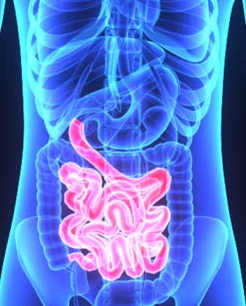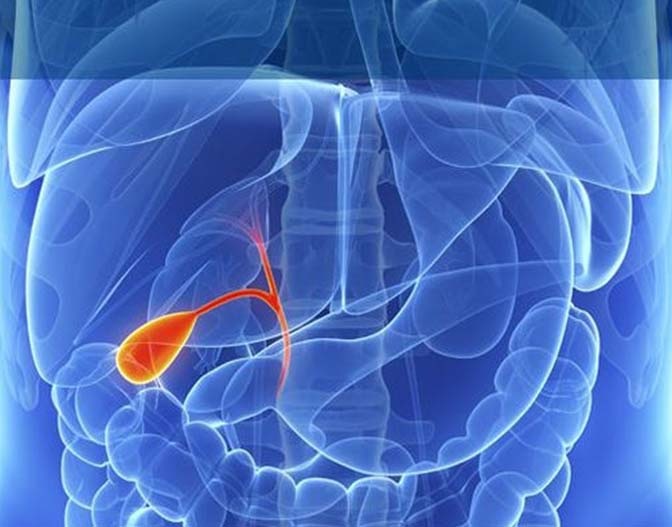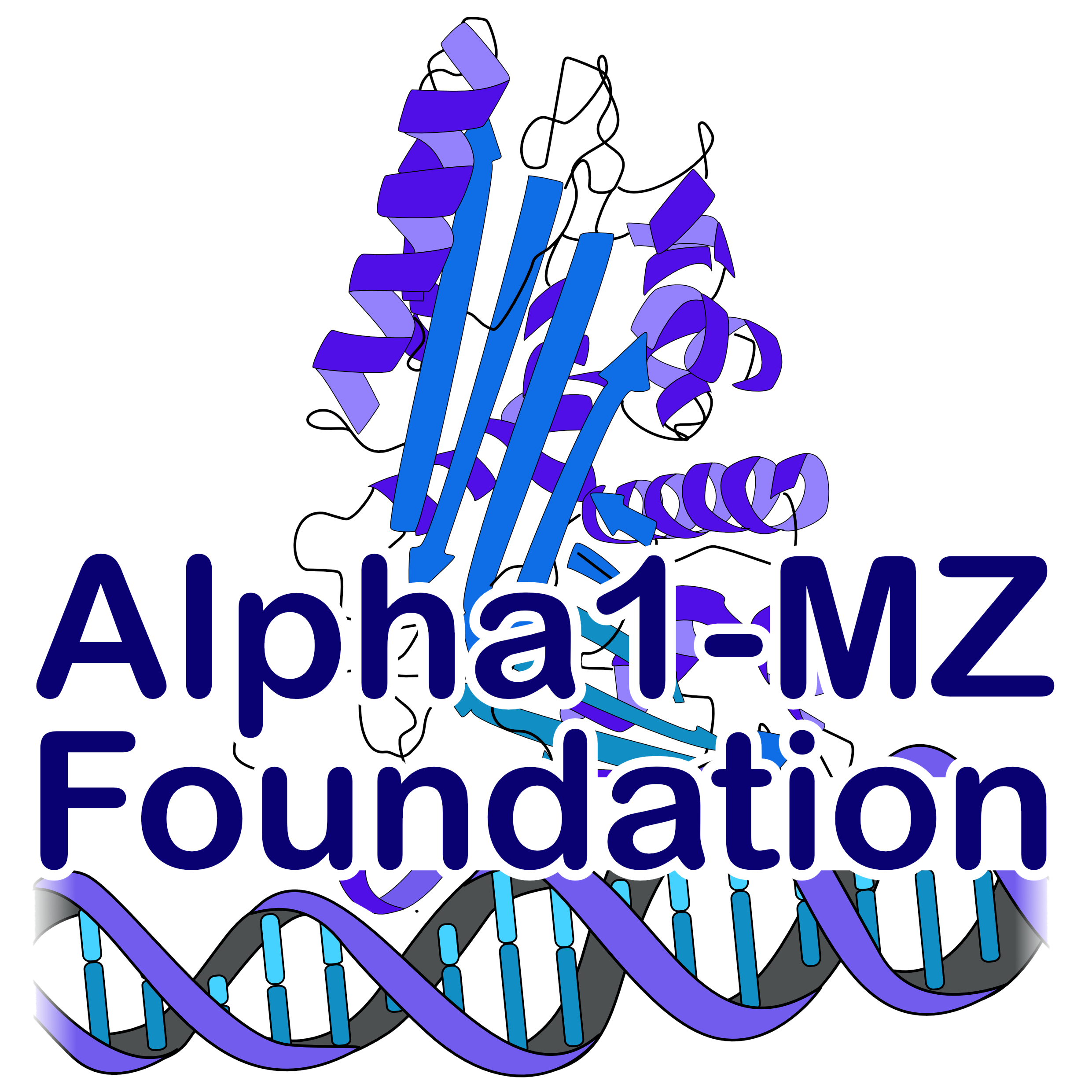Alpha-1 MZ small intestine and biliary tract


In this section we provide more information about the effect of an alpha-1 antitrypsin deficiency genotype MZ on the biliary tract and the small intestine.
Biliary tract
Several research studies show an increased risk of biliary tract issues for patients with genotype MZ. This correlates with our observations in the Alpha-1 MZ group.
Excerpt: “PI MZ heterozygotes has been associated with an increased risk of liver disease and intracellular accumulation of AAT in hepatocytes. We speculate that MZ heterozygosity may result in general liver dysfunction as result of toxic accumulation of AAT in hepatocytes over time, thus predisposing to gallstone disease”
These papers are based on statistical analysis, which shows that Alpha1 MZ persons have a higher probability of getting biliary tract issues.
When we look at the common cause of biliary tract issues, we see (in various literature) that these are typically related to e.g. a reduction in bile acid production (bile salts), which in turn provides an indication to liver related issues by not producing enough bile acid.
Small intestine/gut microbiota
Bile acids also shape the microbiota composition through their antimicrobial activity and by activating host signaling pathways that maintain gut homeostasis. This means that when the PiMZ liver does not deliver enough bile acid, it may lead up to gut microbiota dysbiosis. Click here for these studies.
Bile acids as modulators of gut microbiota composition and function
Anaïs B. Larab (2023)
ABSTRACT
Changes in the composition of gut-associated microbial communities are associated with many human illnesses, but the factors driving dysbiosis remain incompletely understood. One factor governing the microbiota composition in the gut is bile. Bile acids shape the microbiota composition through their antimicrobial activity and by activating host signaling pathways that maintain gut homeostasis. Although bile acids are host-derived, their functions are integrally linked to bacterial metabolism, which shapes the composition of the intestinal bile acid pool. Conditions that change the size or composition of the bile acid pool can trigger alterations in the microbiota composition that exacerbate inflammation or favor infection with opportunistic pathogens. Therefore, manipulating the composition or size of the bile acid pool might be a promising strategy to remediate dysbiosis.
Note: This article was added to support the thesis that Alpha1 MZ patients have a reduced bile acid availability, which would explain their light color stools, and small intestinal issues (including mineral and vitamin deficiencies).
The main symptoms of dysbiosis are gastrointestinal problems such as abdominal pain, bloating, gas, diarrhea and constipation. They may lead to malabsorption, nutrient deficiencies, anemia and hypoproteinemia.
Beneficial effect of vinegar consumption associated with regulating gut microbiome and metabolome
According to a research study, the intake of vinegar altered gut microbiota structure by upregulating Verrucomicrobia, Akkermansia, Hungatella and Alistipes, and down-regulating Firmicutes, Lachnospiraceae NK4A136_group and Oscillibacter. The researchers mention that their results imply that vinegar consumption has beneficial effects on regulating the gut microbiome.

The above-mentioned research study implies that a diet containing vinegar, like a green salad with balsamic vinegar, will benefit the gut microbiota. Click here to read this study.
You can expect more papers and studies on this general subject, as it is very important to understand this as second and third order issues caused by Alpha1 MZ.
